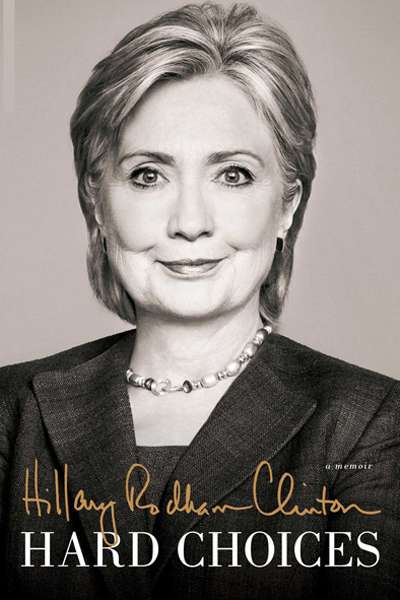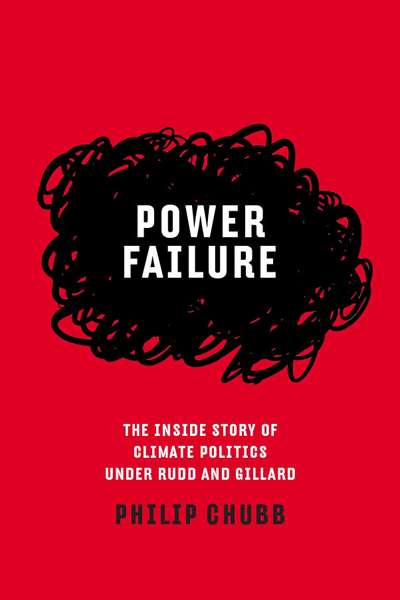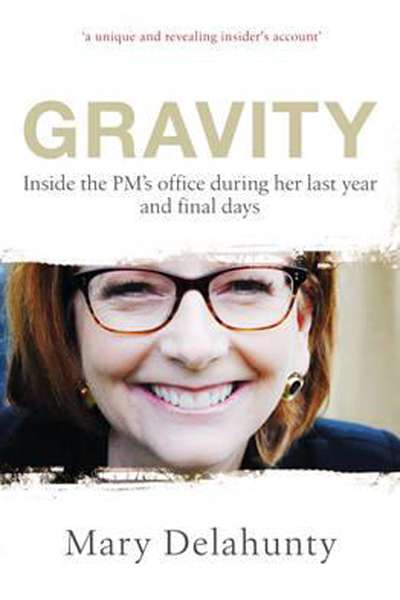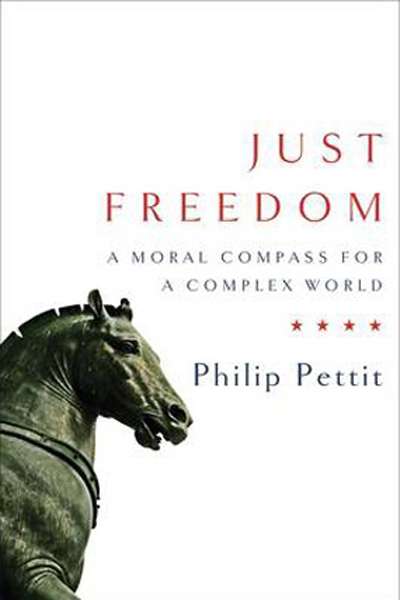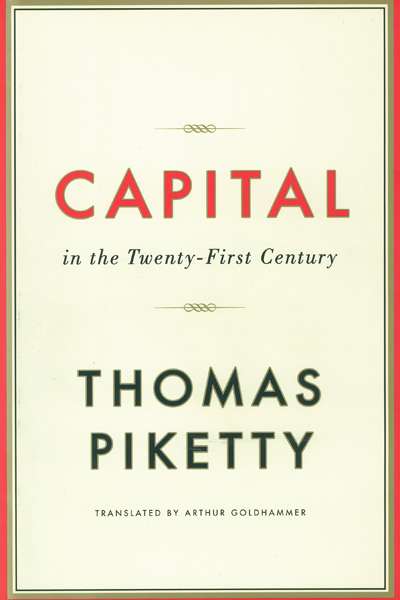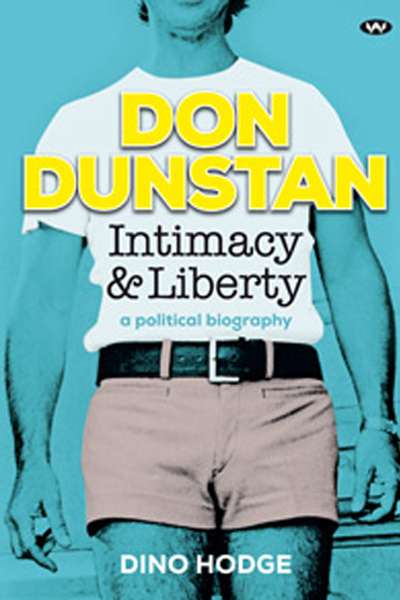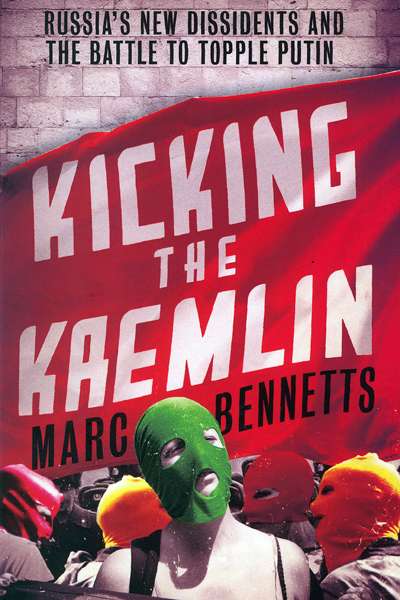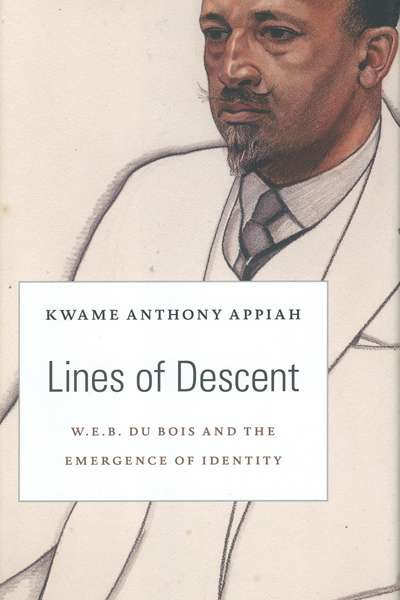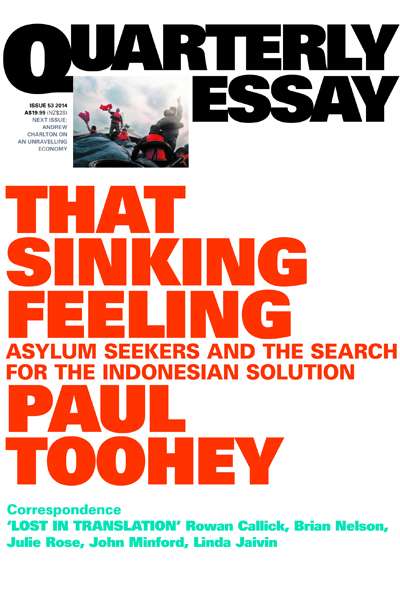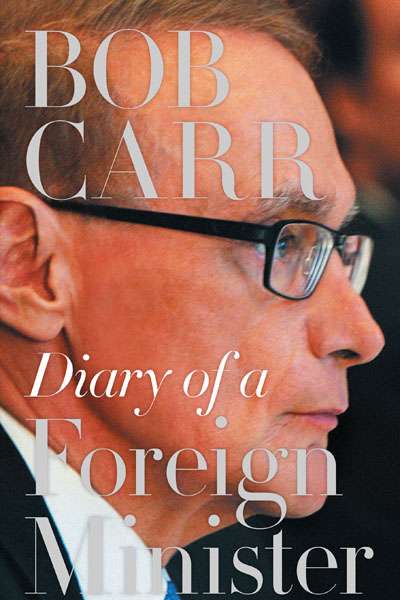Politics
Hard Choices by Hillary Rodham Clinton & HRC by Jonathan Allen and Amie Parnes
It takes a village to run the world, and Hillary knows how to do it. These are the main lessons from Hillary Clinton’s new memoir, Hard Choices. The book traces the finality of her presidential campaign bid in 2008 and her four years as secretary of state. Her analysis of this period provides insights into ...
... (read more)Power Failure: The inside story of climate politics under Rudd and Gillard by Philip Chubb
Speaking about the process of painstakingly researching the ‘terrible mistakes’ made on climate policy by the Rudd and Gillard governments over the six years of their existence, Philip Chubb told an audience at the Wheeler Centre that he ‘almost exhausted [himself] with gloom’. Indeed, this important book, which covers the Icarian trajectory of climate policy through Labor’s years in power, is hardly cheerful. Rather, Chubb hopes that the documentation and analysis of the many poor decisions will help legislators to overcome the challenges of implementing significant but controversial reforms in the future.
... (read more)Gravity by Mary Delahunty & Rudd, Gillard and Beyond by Troy Bramston
Gough Whitlam may not have been one of the Australian Labor Party’s greatest prime ministers, but, since his defenestration by Governor-General John Kerr in 1975, he has been embraced as one of the ALP’s great martyrs. Kerr’s dismissal of the Whitlam Government galvanised the Labor movement. To Labor eyes, Kerr was Pontius Pilate and Whitlam the slain Messiah. New followers – many of them, like Whitlam, university-educated progressives – joined the ALP. New ideas were aired through policy think-tanks such as the Labor Resource Centre, headed by Jenny Macklin, a future federal deputy leader. Out of that angst and rage, a new ALP was forged. Labor was no longer a troglodyte party ruled by factional warlords and sectarian hatreds. It was a modern progressive movement hell-bent on winning and wielding power. After all, as Whitlam famously said to an ALP State Conference in Melbourne in 1967, ‘Only the impotent are pure.’
... (read more)Just Freedom: A moral compass for a complex world by Philip Pettit
In a recent Prospect interview, distinguished Princeton and ANU scholar Philip Pettit described political philosophy as a conversation around various themes. Some voices focus on power or freedom, others on democracy or the nature of the state. The conversation should extend beyond the academy, argued Pettit, to embrace public intellectuals, journalists, commentators, political scientists, activists, and government.
... (read more)Just over twenty years ago, an academic tome captured the West’s imagination. The End of History and the Last Man (1992) by Francis Fukuyama followed fast on the heels of the collapse of communism. Giving voice to the triumphalism and hope of the times, it became an immediate bestseller. History, Fukuyama argued, was over. This was because the West had won the long ideological battle over which configuration of political economy could best manage the twenty-first century, and beyond. Western-style free markets and liberal democracy would now spread across the world, creating stability and opportunity for all in their wake.
... (read more)Don Dunstan, Intimacy & Liberty: A political biography by Dino Hodge
When I was commissioned to write this review, I assumed that this book would be a conventional political biography. I looked forward to reading about Dunstan’s career as premier of South Australia (1967–68 and 1970–79), as his record of achievements showed that our states and territories have the potential to be powerful players in social and cultural reform. However, the focus of Dino Hodge’s intriguing book is Dunstan the man, with an emphasis on the way in which his personal beliefs and ambiguous sexuality influenced his political life and legacy. Don Dunstan, Intimacy and Liberty makes a solid contribution to our understanding of Dunstan and the blurring of his private and public life, fanned partly by the media, but also, sometimes inadvertently, by the man himself.
... (read more)Kicking the Kremlin by Marc Bennetts & Putin and the Oligarch by Richard Sakwa
Moscow’s annexation of Crimea in March was a dramatic sign of Russia’s sense that it had recovered from its post-Soviet weakness. Viewed in the West as an outrage, in Russia the seizure was portrayed as a triumph, the culmination of a national resurgence under Vladimir Putin. It remains to be seen how long this mood of triumph will last.
... (read more)Lines of Descent: W.E.B. Du Bois and the emergence of identity by Kwame Anthony Appiah
William Edward Burghardt Du Bois (1868–1963) forged one of the most remarkable careers of his generation. Starting in the 1890s, often considered the nadir of race relations in the United States, he became the first black man to hold a Harvard bachelor’s degree; emerged as Booker T. Washington’s most eloquent opponent on the issue of segregation; published pioneering work across many genres, including The Souls of Black Folk (1903); and after founding the National Association for the Advancement of Colored People (NAACP) went on to become the dominant voice of the Pan-African movement.
... (read more)That Sinking Feeling: Asylum Seekers and the search for the Indonesian Solution (Quarterly Essay 53) by Paul Toohey
Do the ends always justify the means? And if the boats really have stopped coming, should we see the death of Reza Berati and the suffering of thousands as the collateral damage of a successful policy?
Paul Toohey’s panoramic sweep of this human, ethical, and political terrain begins with a visit to Cisarua, a small resort town in the mountains south of Jakarta that has become a major centre for people seeking asylum in Australia. Some are awaiting the outcome of formal applications for refugee status. Others are preparing to risk a boat. It is July 2013, two months before the federal election. Toohey spends time getting to know people, listening to tales of their journeys and, later in the essay, talking to survivors plucked from the ocean after a boat is lost at sea. If for no other reason, Toohey’s essay should be read for this; as a powerful, necessary reminder that ‘asylum seekers’ have stories, loves, fears, names, and faces.
... (read more)‘Dear Dr Blewett, I am writing to you ... concerning your intention to publish the diary you kept during the first Keating Government ... Whether any legal action, criminal or civil, is initiated would be entirely a matter for the Commonwealth government and relevant authorities ...
... (read more)

